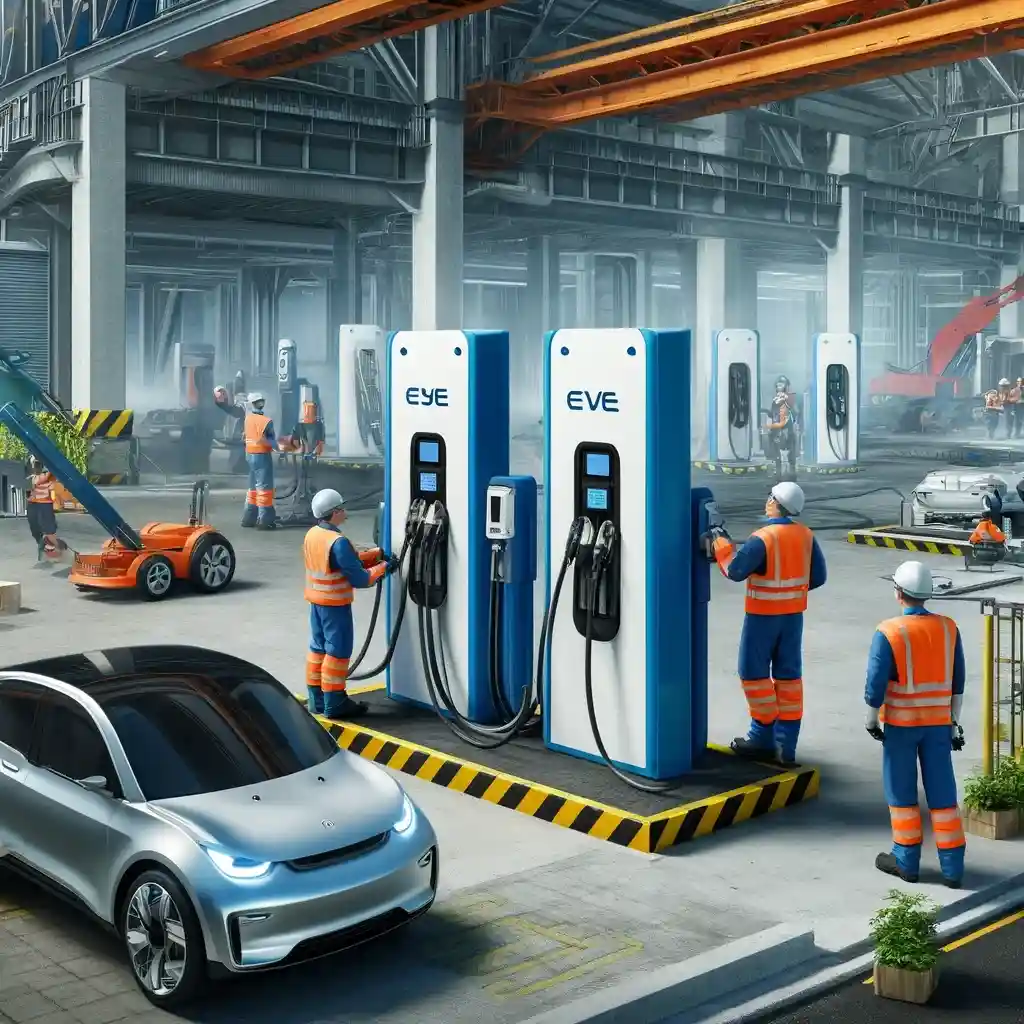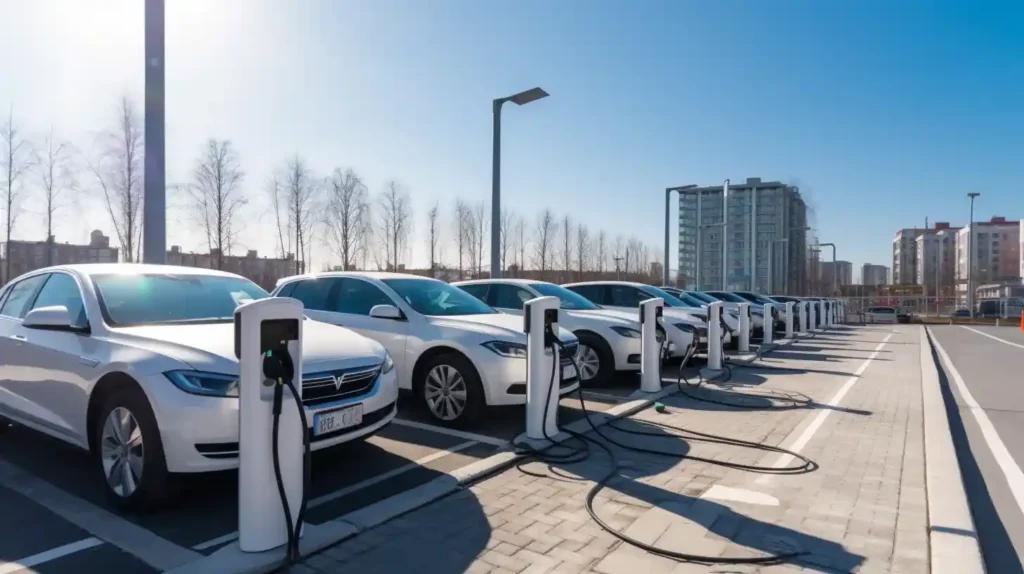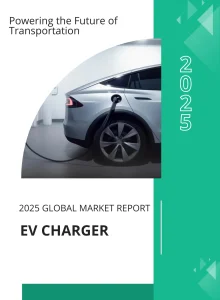In the dynamic field of electric vehicle support infrastructure, selecting the right EV charging business model is essential for maximizing market reach and enhancing user engagement. At ZinstarEV, rooted in the heart of China’s manufacturing prowess, we understand the importance of aligning our strategies with the nuanced needs of diverse markets. From selling chargers directly to consumers, offering charging as a managed service, to pioneering solutions like battery leasing or on-the-go mobile charging units, each model presents unique opportunities to cater to different segments. From my experience, this article will help to guide and explore the diverse EV charging business models.
EV Charging Business Models at a Glance
- Infrastructure Installation
- Manufacturing
- Retail
- Station Operation
- Mobile Charging Services
- Fleet Management
EV Charger Infrastructure Installation Business
Companies specializing in EV charger infrastructure handle the planning, procurement, and installation of charging stations. Key considerations include site selection, ensuring adequate power supply, and adhering to local regulations. This model requires significant upfront investment but offers long-term profitability through maintenance contracts and upgrades.

EV Charger Manufacturing Business
This segment focuses on companies that manufacture EV chargers, producing a range of products from portable AC EV chargers ,EV Adapters, EV Extension Cables and to more complex station-grade equipment. These businesses are often involved in continuous research and development to enhance product efficiency and safety features.

EV Charger Retail Business
Retail businesses distribute EV charging equipment to end users and through B2B channels such as distributors and resellers. They emphasize high-quality, customizable, and technologically advanced products, catering primarily to B2B clients looking for reliable charging solutions.

EV Charging Station Operation Business
Operating an EV charging station involves managing the day-to-day activities of charging infrastructure. Business models vary from owner-operated stations to partnerships with commercial properties. Revenue can be generated through various schemes:
- Subscription Services: Users pay a regular fee for access to charging services.
- Pay-per-Use: Charges are based on the amount of electricity consumed.
- Promotional Free Charging: Offered as a loss leader to attract customers to a location.

Mobile EV Charging Services
Mobile charging services cater to EV users who need emergency charging or do not have access to regular charging stations. This flexible model can operate on a pay-per-use basis or through membership fees, providing convenience and support to a niche market segment.
Fleet Management Solutions for EVs
Businesses that manage large fleets of EVs require dedicated charging solutions that include infrastructure development and scheduling software to manage charging times efficiently. This model is essential for maintaining operational efficiency and minimizing downtime for fleet vehicles.

Key Questions Addressed
What are the three types of EV charging systems?
EV charging systems are categorized into Level1 Charge, Level2 Charge, and Level3 Charger (DC Charge), each serving different needs based on charging speed and equipment requirements.
What is the ChargePoint operator business model?
The ChargePoint operator model involves owning and operating charging infrastructure, handling all associated costs, and generating revenue through service fees, electricity sales, and possible regulatory credits.
What is the business model of EVgo?
EVgo operates its charging infrastructure, providing services to individual drivers, commercial customers, and fleet owners, and monetizes through charging fees and regulatory credits.
Are any EV charging companies profitable?
Yes, with the right location and business model, EV charging stations can achieve a profit margin of 25-50%, depending on the operational efficiency and customer base.

The EV charging industry presents various business opportunities, from infrastructure installation to station operation and mobile services. Each model has its unique challenges and benefits, tailored to meet the diverse needs of the EV market.
Interested in high-quality, customizable, and efficient EV charging solutions?
Contact us right now to learn how our products and services can support your business needs in the evolving EV landscape.



